
There are options beyond simply raising your prices or absorbing extra costs.

There are options beyond simply raising your prices or absorbing extra costs.

Individual construction tasks have, on average, not gotten cheaper since at least the 1950s. Bricks haven’t gotten cheaper since the mid-19th century, despite massive improvements in brickmaking technology. Construction has a reputation for being slow to innovate, but innovations seem to spread in construction at roughly similar rates to other industries, like car manufacturing or agriculture. Single family […]

What can you sell at a pawn shop? We explain what pawn shops buy, plus how to get the most money. Find price details for electronics, clothing, and more.

Inside of a pawn shop / Photo Credit: PawnGuru Pawning something you own can be a major challenge. You want to get the highest amount for your item, but you don’t know which pawn shop will pay the most. Reality TV shows like “Hardcore Pawn” and “Pawn Stars” demonstrate how pawn [...]
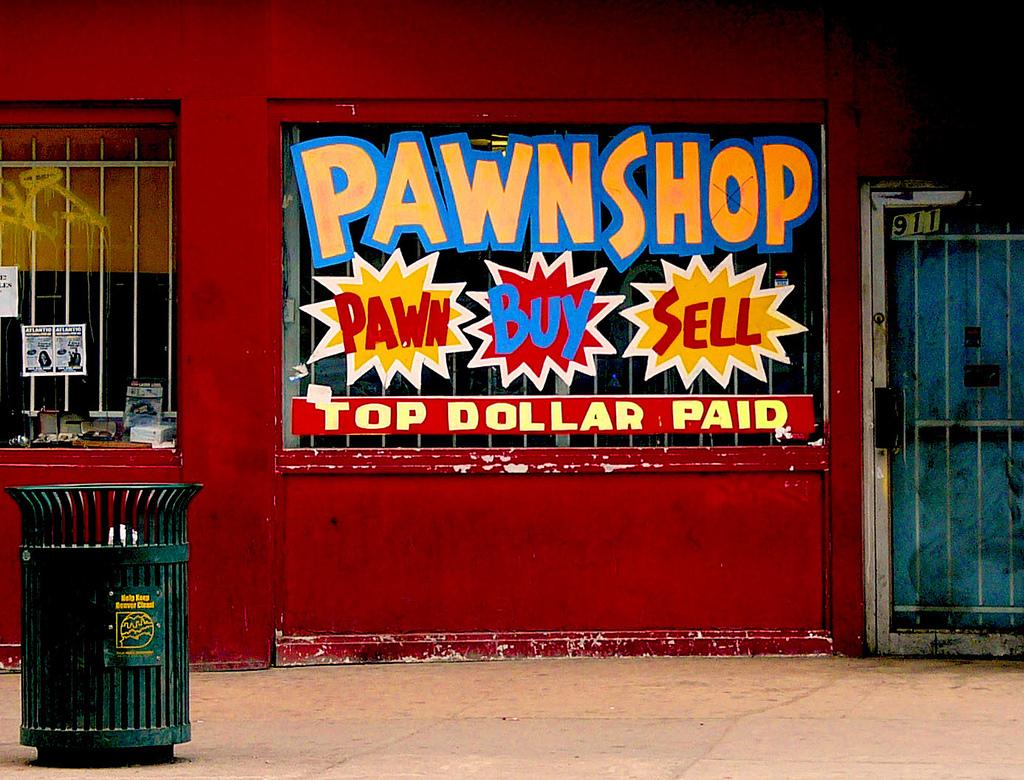
Pawn shops are America's lenders of last resort. But even for the same item, the amount pawn shops will loan you can vary more than 1,000%.

A forgotten Nixon-era negotiation offers urgent lessons for our new age of economic warfare.

Limiting production is helping to make its sports cars coveted—and the company the most valuable automaker in Europe

The Venezuelan economy has suffered from decades of disastrous economic policies – and more recently, from economic sanctions. The country has seen the largest ever decline in living standards outside war, revolution or the collapse of the state.

Plus! Diff Jobs; Making a Market; Financial Innovation; IRL; Open-Ended Liabilities; Meme Stock Relapse
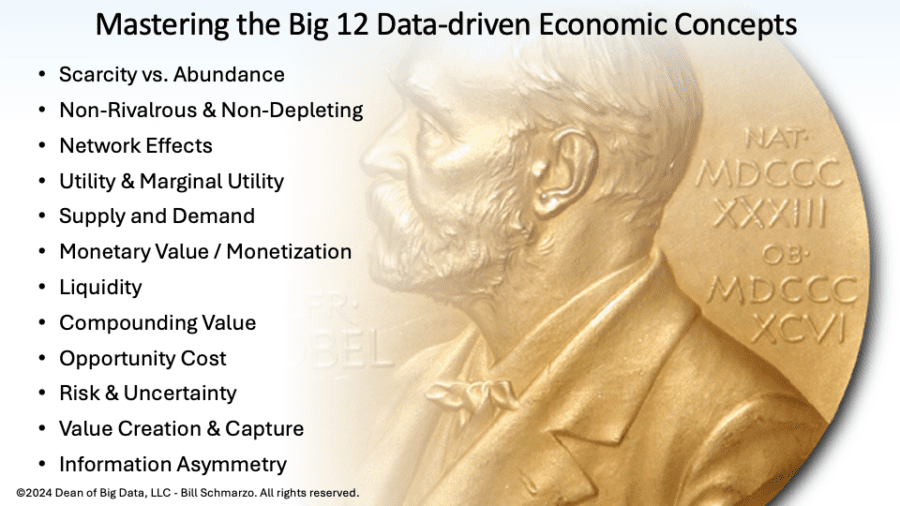
“If you want to change the game, change the frame.” The game has certainly changed with the data era, and maybe the most drastic change driven by data has occurred in economics, the foundation upon which our modern society is built and sustained. Understanding and mastering the transition from “traditional” economics to modern data-driven economics… Read More »Mastering the Big 12 Data-driven Economic Concepts

That is the topic of my latest Bloomberg column, here is one key segment: Game theory can help explain how ranked choice voting changes the behavior of candidates, as well as the elites who support them. Consider a ranked choice election that has five or six candidates. To win the election, you can’t just appeal […]

In the first quarter of this year, private investors poured 40% more money into clean energy and electric vehicles than they did in Q1 2023.

if the centralizing forces of data and compute hold, open and closed-source AI cannot both dominate long-term

Why are buildings today simple and austere, while buildings of the past were ornate and elaborately ornamented? The answer is not the cost of labor.

China’s economy has reached a dead end. Getting out will mean more trade friction with the United States.

When Paris F.C. made its tickets free, it began an experiment into the connection between fans and teams, and posed a question about the value of big crowds to televised sports.
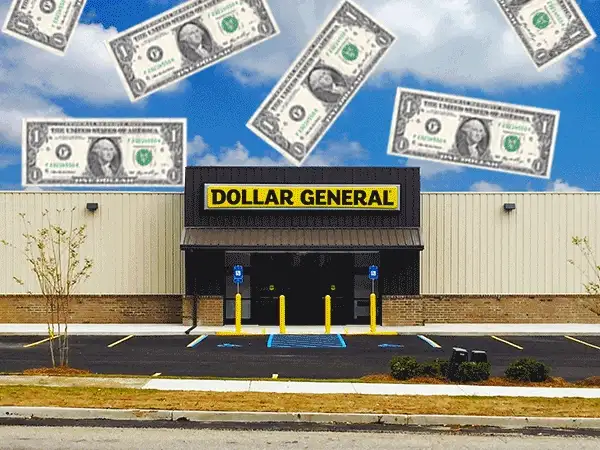
A visual explainer of the numbers behind America’s ubiquitous bargain-basement chains.

Or: You Know The Economy is Good When You Can't Find a Babysitter
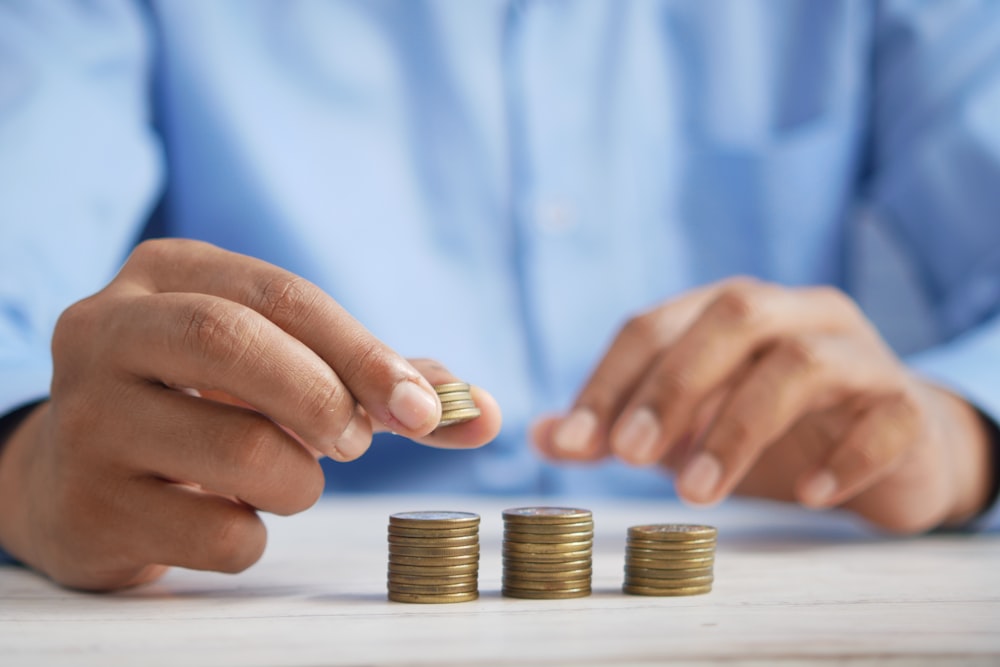
On why the free exchange of ideas is a complex breeding ground for truth, appealing falsehoods, and self-serving rationalisations.

The economy, explained by your Diet Coke and soda prices, kind of.
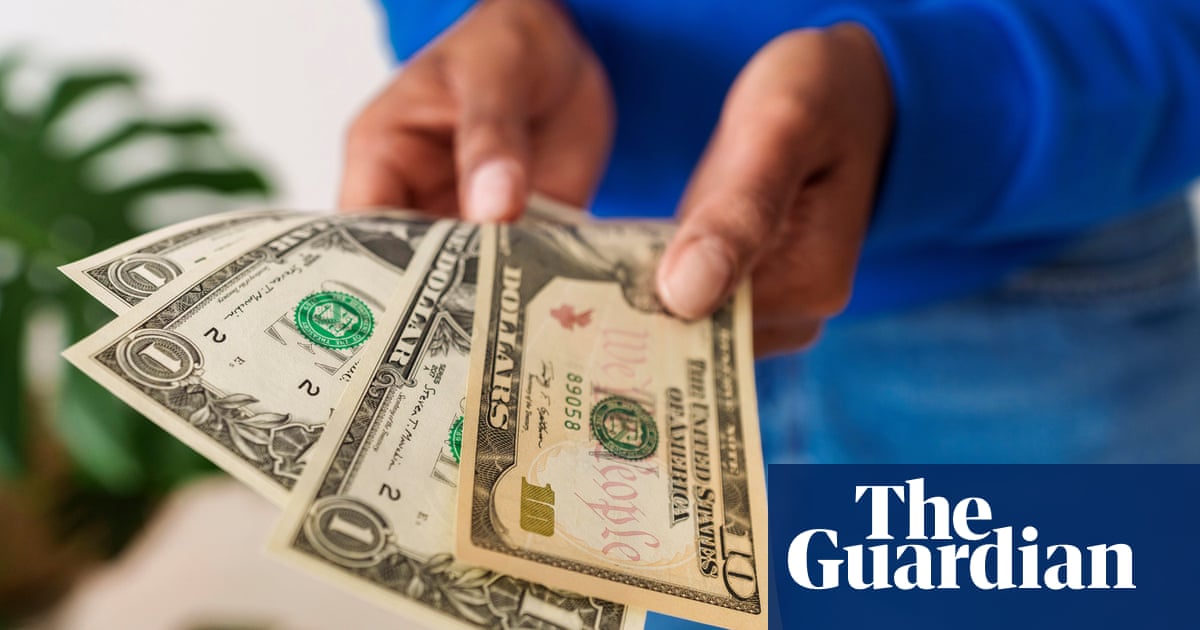
US schools fall short on financial literacy. So a generation saddled with money woes has developed language of its own

Ranked-choice voting could be on the November ballot in four states, a sign of the system’s rising popularity. Most conservatives have opposed it. But some say that could be changing.

An Appalachian school district’s daring experiment in economic integration.

Economic dynamism is vaulting the southern portion of the vast region ahead of its northern cousin.

The retailer discounts the importance of in-store safety, the regulatory agency says, and was named a severe violator this fall.

"The Market for 'Lemons': Quality Uncertainty and the Market Mechanism" is a widely cited seminal paper in the field of economics which explores the concept of asymmetric information in markets. The paper was written in 1970 by George Akerlof and published in the Quarterly Journal of Economics. The paper's findings have since been applied to many other types of markets. However, Akerlof's research focused solely on the market for used cars.
I recently read Elinor Ostrom’s Governing the Commons and have been evangelizing it so enthusiastically that I figured I’d do a quick…

Economist Elinor Ostrom believed in the power of economics to “bring out the best in humans.” The way to do it, she thought, was to help them build community.

Teams were once considered poor, unpredictable investments. Today they’re among the most coveted assets in the world. What changed?
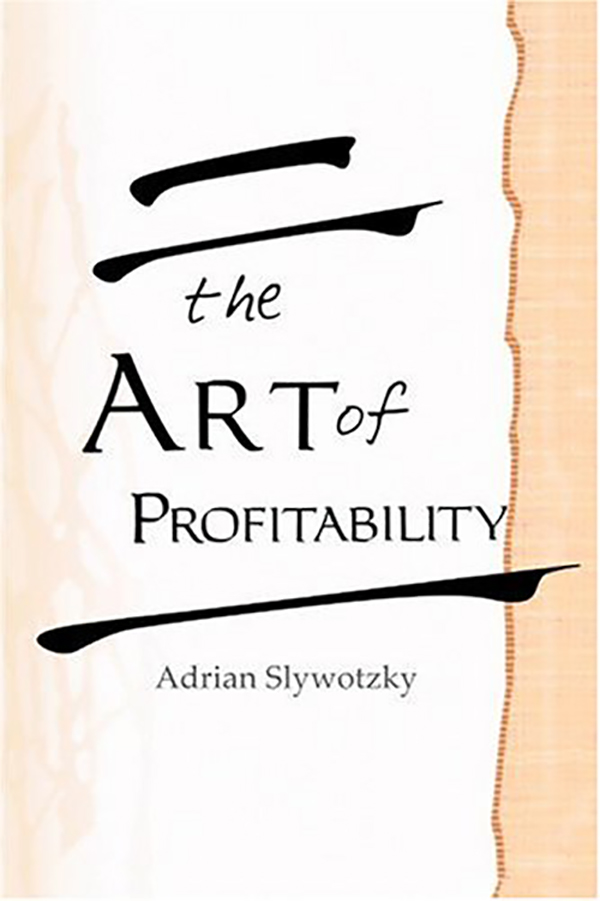
This is a book summary of The Art of Profitability by Adrian Slywotzky. Read The Art of Profitability summary to review key ideas and lessons from the book.

He is a music sensation, but Girl Talk neither sings nor plays an instrument. He plays music off reinforced Toughbook laptops protected from his sweat by layers of plastic wrap.

From the trolley parks of the early 20th century to the theme parks of today, these spaces of shared pleasure have been both a reflection of urban life, and an escape from it.

Taking the kids to a baseball game, a movie, or Disneyland is a bigger financial commitment than it used to be for middle-class families.

"For your fans, what’s important to them?” said West Virginia athletic director Shane Lyons of scheduling rivals after realignment.

Ignore the haters: living standards have improved a lot since the 1980s.

The ubiquitous dollar store is the American dream writ small.

Can the West still provide the arsenal of democracy?

Americans are rightly angry about inflation. A strong labor market is not enough reason to celebrate. But, we are coming out of, not going into the hurricane.

Financial gurus want young home shoppers to stop complaining and cut back on small luxuries. But there are broader affordability issues at play.
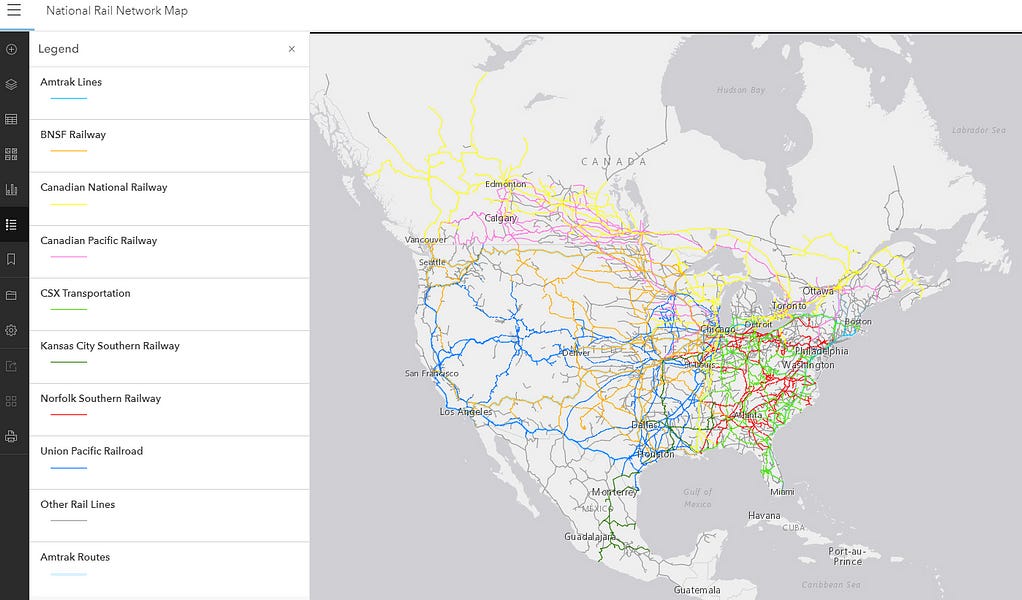
Plus! Smart Margin; Peak College?; Two-Sided Markets; Bonds; Diff Jobs
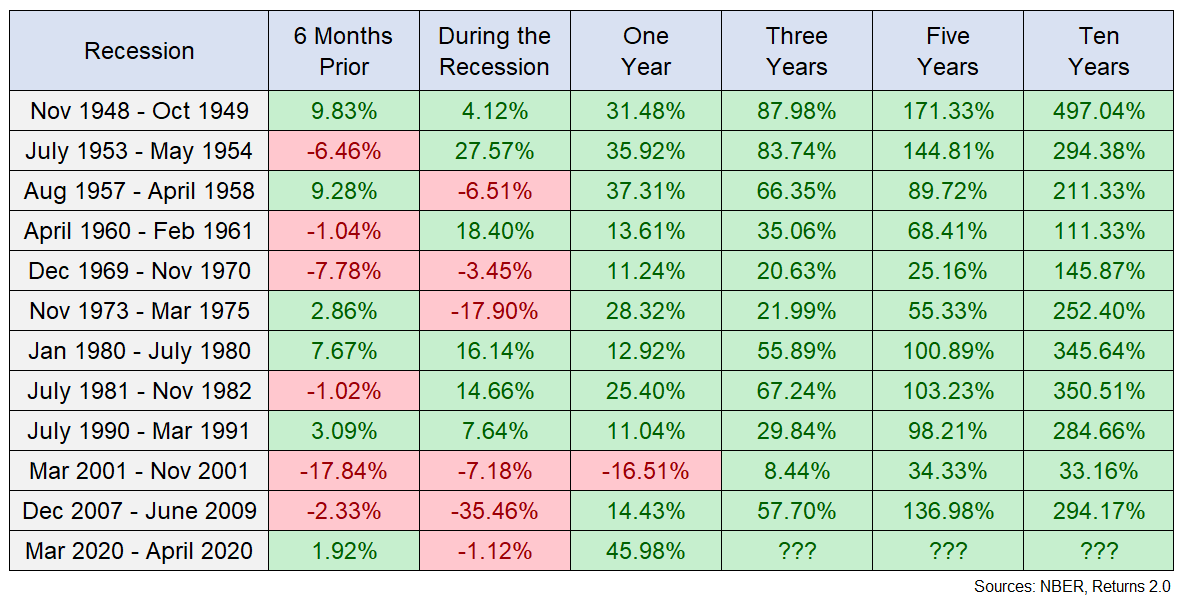
It's not always easy to predict the timing of a recession and what that means for the stock market.

Ever wondered what trait most affects your income? Turns out it’s your rank in a hierarchy.

We are a community of activists, artists, entrepreneurs, and scholars committed to using mechanism design to inspire radical social change.

How the impeccably credentialed, improbably charming economic historian supplanted the dirtbag left.

Contests that non-contestants consume for entertainment are a fixture of economic, cultural and political life. We exploit injury-induced changes to teams’ line

Originally published: December 2021 When price inflation occurs, it can be a very challenging time for everyone. In that type of environment, prices of goods and services often go up faster than wages, and the public and policymakers wish to constrain them. Historically, when price inflation becomes rampant, policymakers tend to put in place price […]

Prospect theory proposes that when making decisions people use a reference point to frame prospective alternative outcomes as either potential gains or losses; when considering prospective gains, they are risk-averse and prefer certainty, but when considering prospective losses, they are risk-prone and prefer to risk the possibility of larger but uncertain losses. However, when setting

Forget ‘peak oil’. Nafeez Ahmed reveals how the oil and gas industries are cannibalising themselves as the costs of fossil fuel extraction mount

Let’s Build a Chip – We lay out the costs of building a chip – with spreadsheets!

Far from being profoundly destructive, we humans have deep capacities for sharing resources with generosity and foresight

By every measure I can think of, ranked-choice voting is a superior way to hold a modern election. When a group of people want to decide something at the national or even the organizational level, …

Some lawmakers in Colorado tried so-called quadratic voting—and it worked.
A PBS documentary concerning the disparity between those who have advanced technology and those who still live primitively.

Markets tend to favor unequal distributions of market share and profits, with a few leaders emerging in any industry.Winner-take-all markets are hard to disrupt and suppress the entry of new players by locking in market share for leading players.
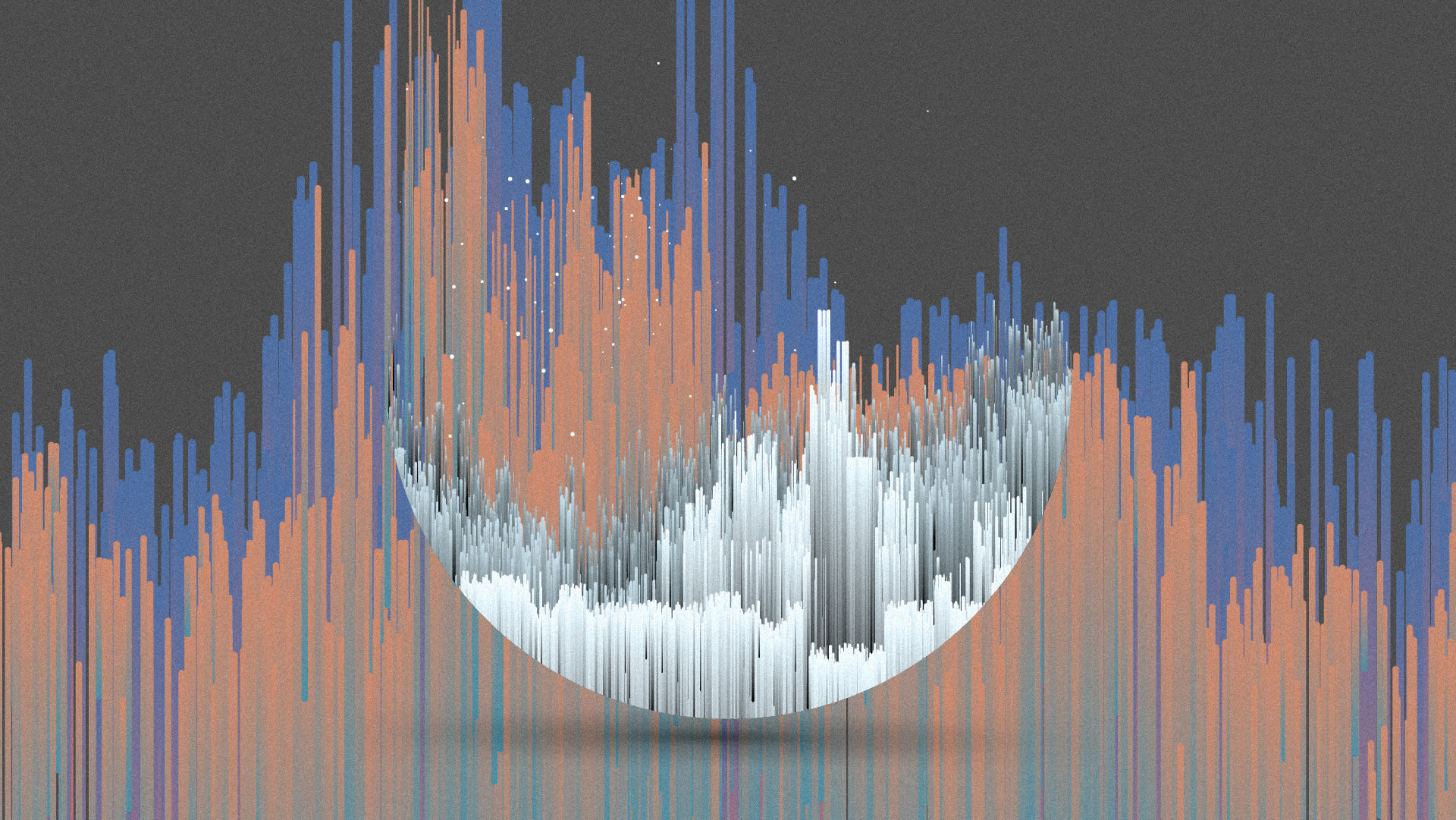
To stop society's unsustainable demand for ever-more resources, we need to decentralize and localize our economy. Combining the new ledger technology with UBI may be the way to make that happen.